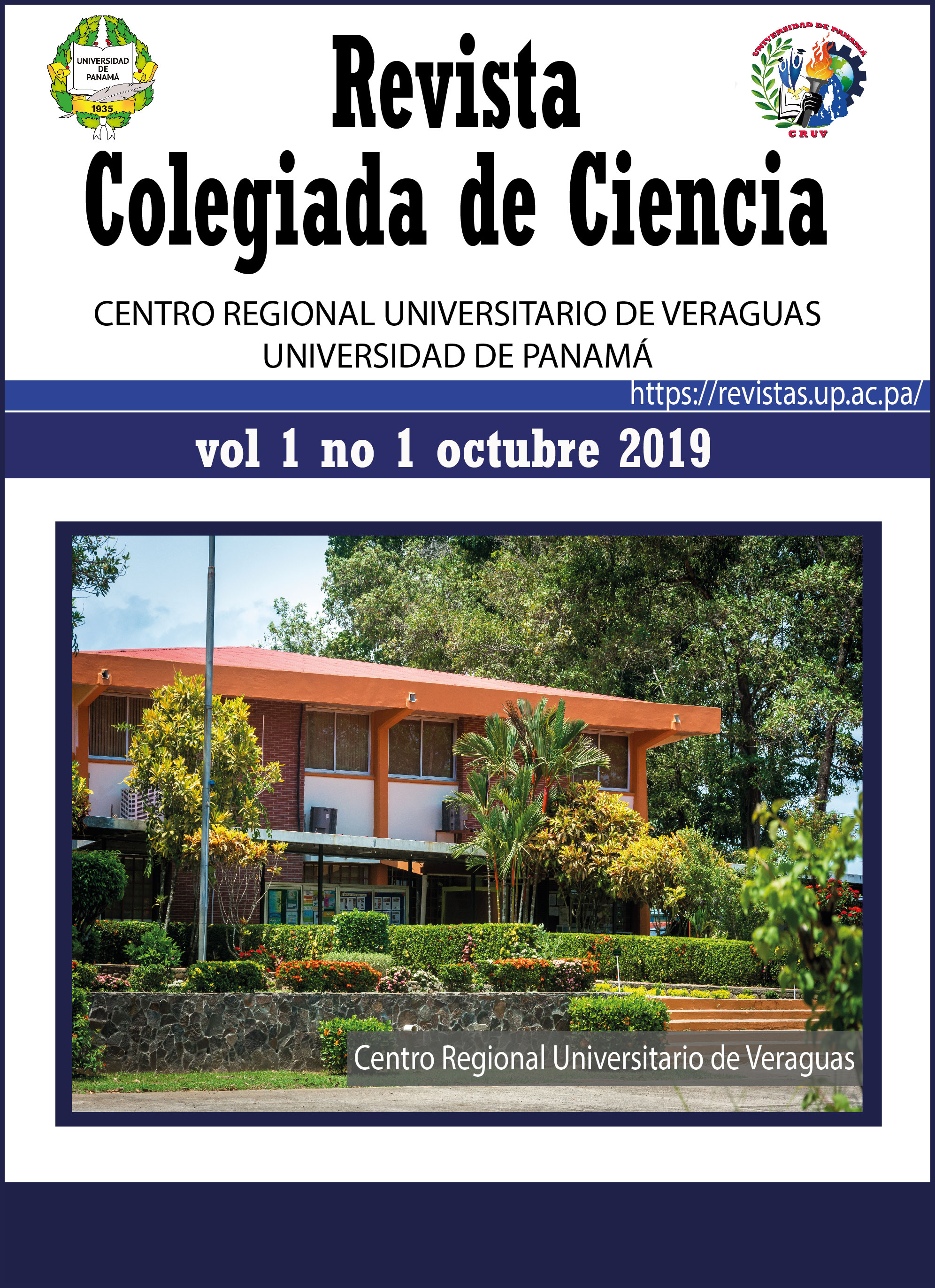

The objective was to evaluate the investigative competences in university professors and to associate variables of their profile with their investigative practice. With a quantitative approach, descriptive-exploratory and analytical research, population of 311 teachers; the sample of 78 teachers (25%). The instrument was validated through expert judgment and piloting with high Cronbach's alpha; the statistical test the Reason of Mummies. The most relevant results are: Women over teaching men are the majority with eight percentage points above, full-time teachers accounted for 52.6% of the sample, the highest academic degree of the professors most often was "mastery" ", 93% of the universe of faculties that function in the center was represented in the sample; 4% of teachers said they had more than eight investigations; 7% of teachers said that they dedicate 25% and more of the weekly hours to investigate. The global of the six domains to investigate reached 0.67 or minimum necessary. The global reasons for dominance were from more to less: technological domain 0.78 (good development); in minimum necessary the following: methodological domain 0.73, written communication 0.71, information search 0.68 and oral communication 0.61. Teamwork 0.48 with unsatisfactory development. There is a strong association between research and the following variables: be a teacher of the faculties of exact sciences, administrative and computer science; full-time work dedication, possess a master's degree and 25 years of professional teaching experience. Without significant association with the practice of research, we have: the category of teacher of holder and the academic degree of doctor and other minor ranges of years of professional teaching experience